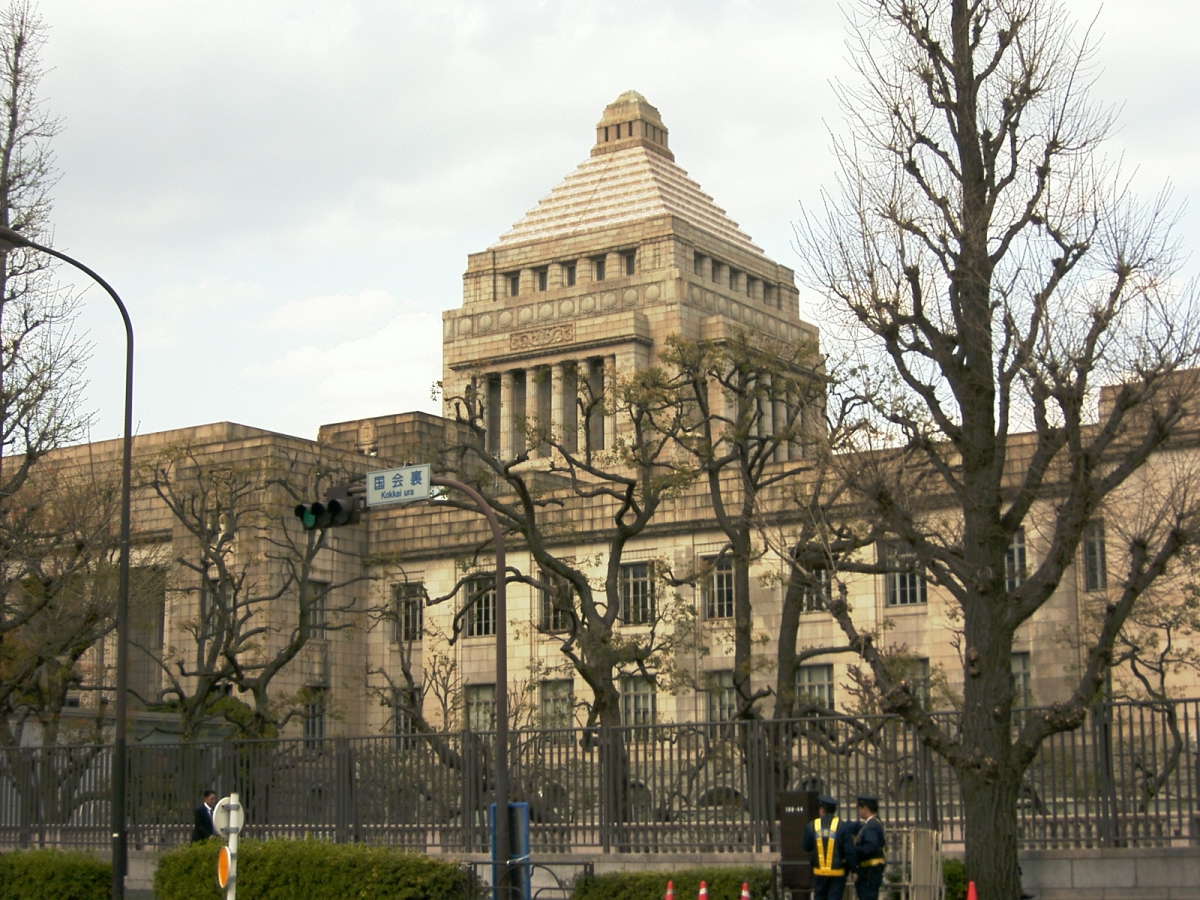In Japan, energy-related parliamentary groups often consist solely of ruling LDP members, and although they don’t directly and immediately impact the government’s plans, their influence and advocacy often have major implications for the long-term direction of policy.
Similar to caucuses in the U.S. Congress, specialized groups in the Diet serve as channels to connect with each industry or seek to realize new policies. The members don’t receive any status or benefit by joining one. But the Atomic Energy Basic Law enacted in 1955, (which paved the way for the use of nuclear power in Japan), is a prime example of how parliamentary groups can bring about new legislation.
Such groups in the Diet participate in the preparatory stage each time the government must update its Basic Energy Plan, which is reviewed every three years. Major groups in the Diet jockeyed to make the wording of that document more favorable to the interests of their constituents, though it has to accord with the Prime Minister’s overall energy policy direction. For instance, during the Suga administration, parliamentary groups active in renewable energy became more vocal than previously. Meanwhile, under Prime Minister Kishida those groups which focus on nuclear power are more confident in making bolder demands. This is in large part due to the urgency of the energy crisis since the drastic spike in energy prices following the start of full-fledged war in Ukraine in February 2022.
More recently, heavyweight politicians have helped launch parliamentary groups that promote new energy technologies such as biofuels and batteries. Japan NRG takes a closer look at the main groups in the Diet that are major players behind the scenes in the formulation of state energy policy.

